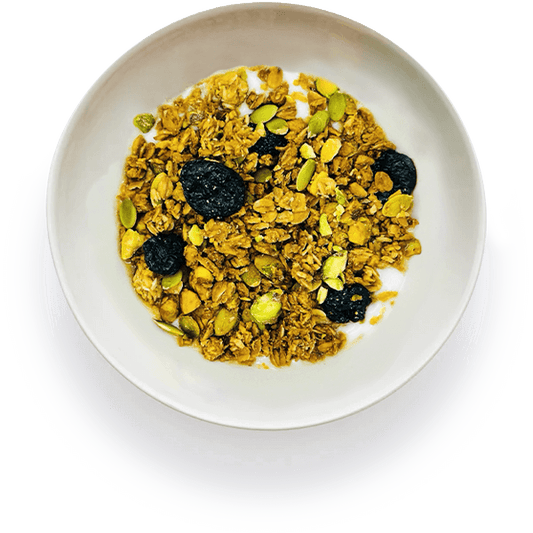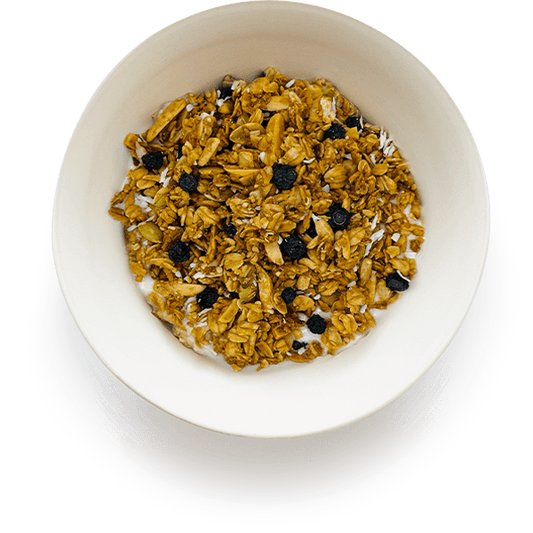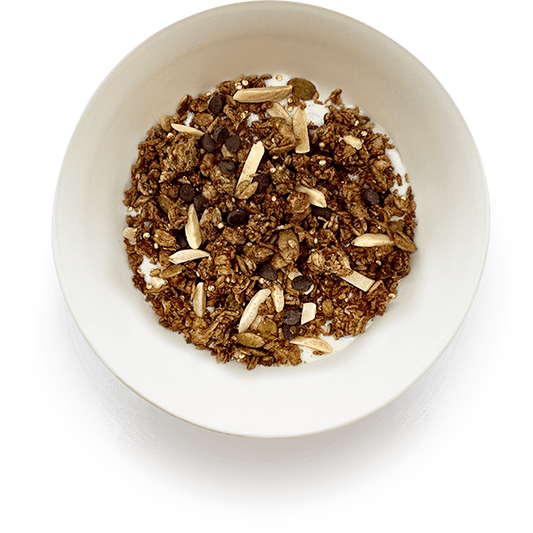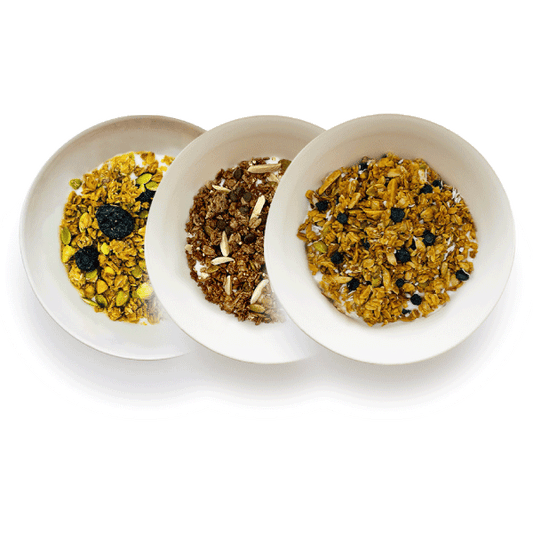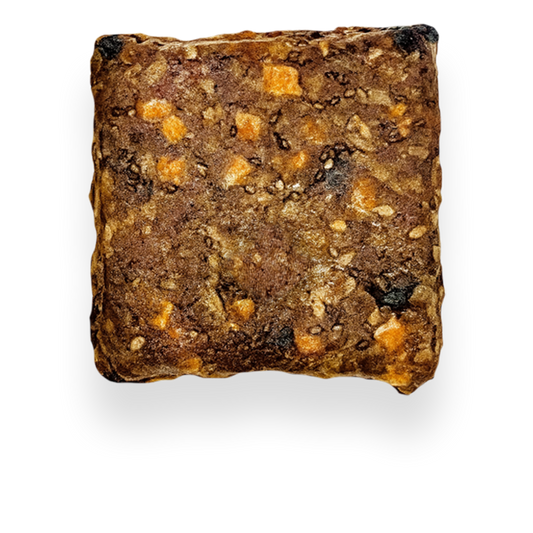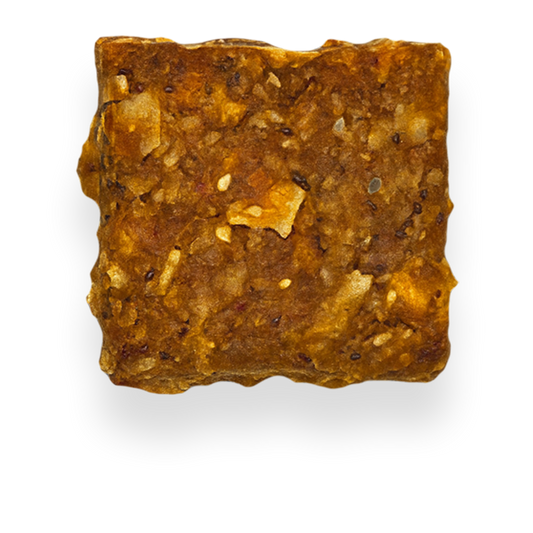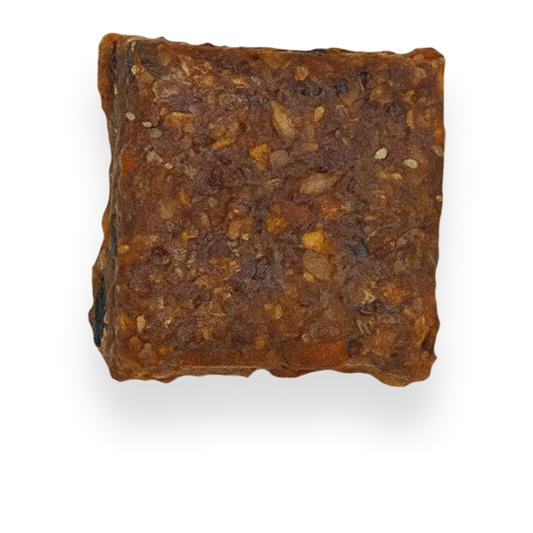The Ultimate Beginner’s Guide to Plant-Based Nutrition
By FireRoad
Welcome to the exciting world of plant-based nutrition! Whether you’re considering adopting a plant-based lifestyle for health reasons, environmental concerns, or ethical considerations, transitioning to a diet focused on whole foods and plants can be a fulfilling journey. This comprehensive guide will cover the fundamentals of plant-based nutrition, beneficial food options, and how to ensure you’re getting all the essential nutrients your body needs.
What is Plant-Based Nutrition?
Plant-based nutrition emphasizes foods derived from plants, including fruits, vegetables, legumes, nuts, seeds, and whole grains. While some people interpret this diet as strictly vegan, others may include small amounts of animal products. The primary goal, however, is to increase the proportion of nutrient-rich plant foods in your daily meals while minimizing processed foods.
Understanding the Nutrients in a Plant-Based Diet
Essential Nutrients
Just like any other diet, a plant-based lifestyle requires understanding the essential nutrients your body needs. Here’s a breakdown of some important nutrients to focus on:
- Proteins: Vital for building tissues and muscle repair. Great plant-based sources include lentils, chickpeas, black bean tofu scramble, and quinoa.
- Vitamins: Different vitamins play unique roles in your body; for instance, vitamin B12 is crucial for nerve function and is predominantly found in animal products, but can be supplemented if necessary.
- Minerals: Minerals like iron, calcium, and zinc are critical. Legumes, nuts, and seeds are excellent non-animal sources.
- Healthy Fats: Essential for brain health and hormone production, these can be obtained from avocados, nuts, seeds, and olive oil.
- Fiber: Vital for digestive health, fiber is abundant in whole grains, fruits, vegetables, and legumes.
The Importance of Variety
Variety is the spice of life, especially when it comes to plant-based eating. Consuming an array of different fruits and vegetables not only keeps your meals interesting but also ensures you’re hitting all your nutrient requirements. Each plant food offers a unique profile of vitamins, minerals, and antioxidants, which can help reduce inflammation and chronic disease risk.
Getting Started: Building a Plant-Based Pantry
Transitioning to a plant-based diet doesn’t have to be overwhelming. Here are some essentials to stock in your pantry:
- Whole Grains: Oats, brown rice, quinoa, and whole grain pasta.
- Legumes: Canned or dried beans, lentils, and chickpeas.
- Nuts and Seeds: Almonds, chia seeds, flaxseeds, and walnuts.
- Fruits and Vegetables: Fresh, frozen, or even dried options work well.
- Plant-Based Milks: Almond, soy, oat, or cashew milk for a dairy alternative.
Creative Cooking: Exploring Plant-Based Recipes
Experimenting in the Kitchen
Cooking plant-based meals can be both fun and satisfying. Here’s one delicious recipe to inspire your culinary creativity: a black bean tofu scramble.
Black Bean Tofu Scramble Recipe
This easy-to-make dish is perfect for breakfast or any meal of the day. Here’s how to whip it up:
- 1 block of firm tofu, crumbled
- 1 cup black beans (cooked)
- 1 small onion, diced
- 1 bell pepper, diced
- 2 cloves garlic, minced
- 1 teaspoon turmeric (for color and health benefits)
- Salt and pepper to taste
- Olive oil for cooking
Instructions:
- In a skillet, heat olive oil over medium heat.
- Add diced onion, garlic, and bell pepper. Sauté until softened.
- Add the crumbled tofu to the skillet and sprinkle with turmeric, salt, and pepper.
- Stir occasionally until the tofu warms up and absorbs the flavors.
- Finally, add black beans and cook until everything is heated through.
Other Plant-Based Meal Ideas
Besides a black bean tofu scramble, there’s no shortage of delicious meal ideas. Some other great options include:
- Chickpea salad sandwich with whole-grain bread.
- Vegetable stir-fry over brown rice.
- Buddha bowls loaded with quinoa, greens, and various veggies.
- Smoothie packed with spinach, bananas, and almond milk.
Navigating Nutrient Deficiencies
One concern for those new to plant-based eating is the potential for nutrient deficiencies. Here’s how to navigate this:
Common Nutrient Deficiencies
Certain nutrients can be harder to obtain from a plant-based diet. Here’s what to watch out for:
- Vitamin B12: This vitamin is crucial and often only found in animal products. Consider fortified foods or supplementation.
- Iron: While plants contain non-heme iron, it’s less easily absorbed by the body. Pair iron-rich foods (like lentils) with vitamin C sources (like bell peppers) to enhance absorption.
- Omega-3 Fatty Acids: Flaxseeds and walnuts are good plant-based sources, but consider an algal oil supplement if you want to ensure adequate levels.
Maximizing Health Benefits
Adopting a plant-based lifestyle can significantly improve your health when done mindfully. Here are some tips to maximize the benefits:
Plan Your Meals
Planning your meals can help you stay on track, ensuring you consume a balanced diet that meets your nutritional needs. Create weekly menus, prep your meals in advance, and keep your pantry stocked with staples.
Stay Hydrated
Don’t forget the importance of water! Staying hydrated is essential for optimal digestion, metabolism, and overall wellness. Incorporating hydrating fruits like watermelon or cucumber can also be beneficial.
Listen to Your Body
Every individual is different; pay attention to how your body responds to your new diet. You might need to adjust your food choices to meet your specific energy needs or preferences. Don’t hesitate to reach out to a healthcare professional or registered dietitian if you have specific health goals or concerns.
Join the Community: Support and Resources
Transitioning to a plant-based diet can sometimes feel lonely, but it shouldn’t be! There are countless communities online and offline where you can find support, share recipes, and exchange tips.
- Social Media: Follow plant-based influencers and communities on platforms like Instagram and Facebook for inspiration.
- Cookbooks and Websites: Explore a plethora of plant-based cookbooks and websites for recipes and educational materials.
- Cooking Classes: Join local cooking classes focused on plant-based meals; it’s a great way to learn and meet like-minded individuals.
Your Journey Begins Now
Diving into the realm of plant-based nutrition can open doors to a wealth of flavors, health benefits, and a renewed relationship with food. Remember that any change takes time, so be patient with yourself while you explore this exciting culinary landscape. Use this guide as your road map and enjoy the delicious, nutritious adventure ahead!



